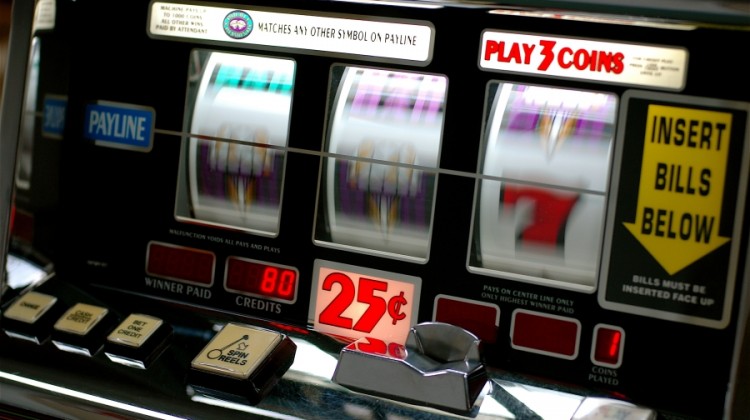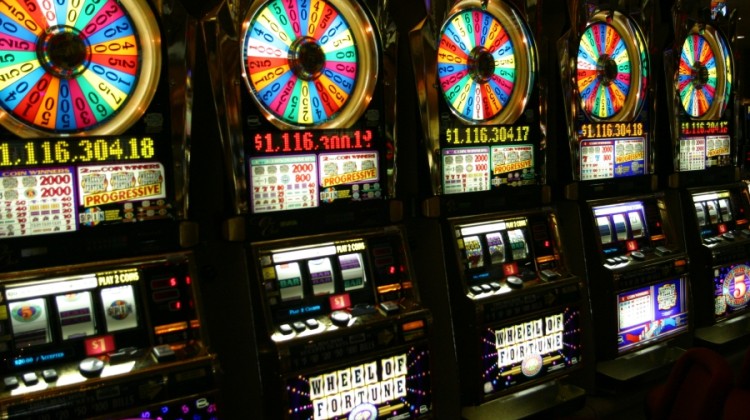Gambling problems are no longer the trademark of adult addictive behavior; on the contrary, it is becoming an increasingly widespread and damaging social and health problem around adolescents. This article provides some useful keys to help parents in early identification of gambling compulsion.
Parents often feel that they know their children very well and that any visible sign indicating the smallest problem will immediately receive full attention and treatment, however, it is not always the case. Unfortunately, parents are not some super heroes with special powers because in most of the cases even a healthy communication within the family is not sufficient to detect a problematic behavior on time. The following points convey some signs that your son or daughter may have a gambling problem:
Children tend to tell occasional lies to their parents when they feel stressed or try to conceal something, but when these lies become inconsistent on a daily basis, it is a symptom indicating bigger issues. If a parent listens carefully, it will not be very difficult to find little inconsistencies in child’s speech. This is the right time and place for the parent to interfere and to do what ever it takes to discover the source of the problem in order to find appropriate tools for its treatment.
Missing personal belongings or inability to cover regular expenses, which later on develops into borrowing money from family members or friends for gambling purposes communicate another warning sign of gambling addiction. Since not all teenagers work after school or have the ability to work, parents convey the primary financial source of all the necessities. Responsible parents, who keep track of banking accounts, usually know the exact amount of MP3 players or cell phones their sun or daughter have, what simplifies the “counting” process.
When your child develops drastic changes in academic performance and spends a lot of time browsing the internet, you have every right to question his motives. Our parents grew up thinking that gambling was wrong, but our children are growing up with gambling is as easy as going to McDonald’s. For the first time in history, gambling is available close to home and now even inside of teenagers’ rooms. Even the most caring parent not always has the ability to check whether his child prepares his homework or engages in gambling activities.
Mood swings and intolerance characterize typical adolescent behavior due to physical and mental changes, but when gambling controls these mood swings, it destroys any acceptable lines of healthy behavior. Teenagers become hostile towards their family members and friends so they would not have to deal with their problems. In more severe cases, adolescences commit illegal acts in order to finance gambling habits. These acts are usually followed by aggression and loss of control as repeated unsuccessful efforts to put their lives back on track.
When your child loses interest in other activities he once enjoyed and is preoccupied with gambling-related activities, this is another warning sign of adolescent gambling problem. Teenagers use money for gambling that was intended for something else or bet money they do not even have. This is no longer the issue of money when teenagers excessively monitor sports results or become overly excited at the outcome of sports events. They interpret the meaning of the word gambling as entertainment or a challenge and it is your job as a parent to teach your children the real value of gambling.
Parents should acknowledge the fact that not all people who engage in gambling activities are compulsive gamblers. In the same way that you have provided guidance on important issues in the past, you can influence your children about gambling. Developing a trusting relationship with your children, balancing their need for independence with your need to monitor their attitudes and behaviors related to gambling is a good start, but if you think the problem is severe, seek professional assistance.
By Joseph McNamarra
Although Joseph McNamarra likes to play blackjack and writes for a guide to online casinos, he was shocked to find that his son suffereed from adolescent gambling.













No Comment